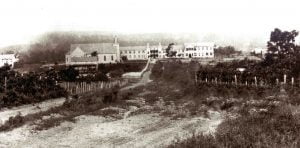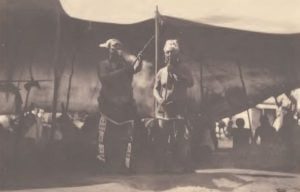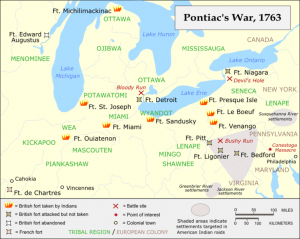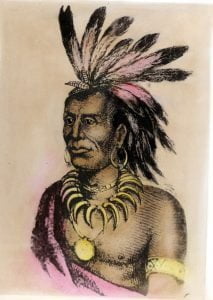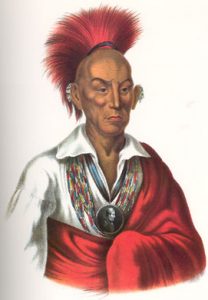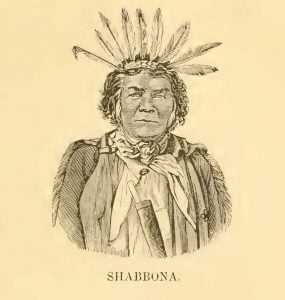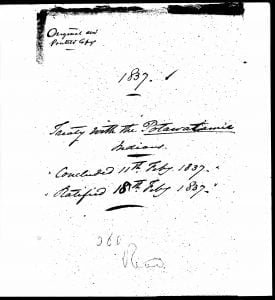Sacred Heart Mission and Church, Konawa, Oklahoma
When hearing of Konawa, many people immediately associate the town with the Sacred Heart Mission and Church, the cornerstone of Konawa history. Sacred Heart is located in the southeast corner of Pottawatomie County in Oklahoma approximately 9 miles east of Asher and 4 miles northwest of Konawa and approximately 1 mile north of Oklahoma Highway 39 on Sacred Heart Road.

